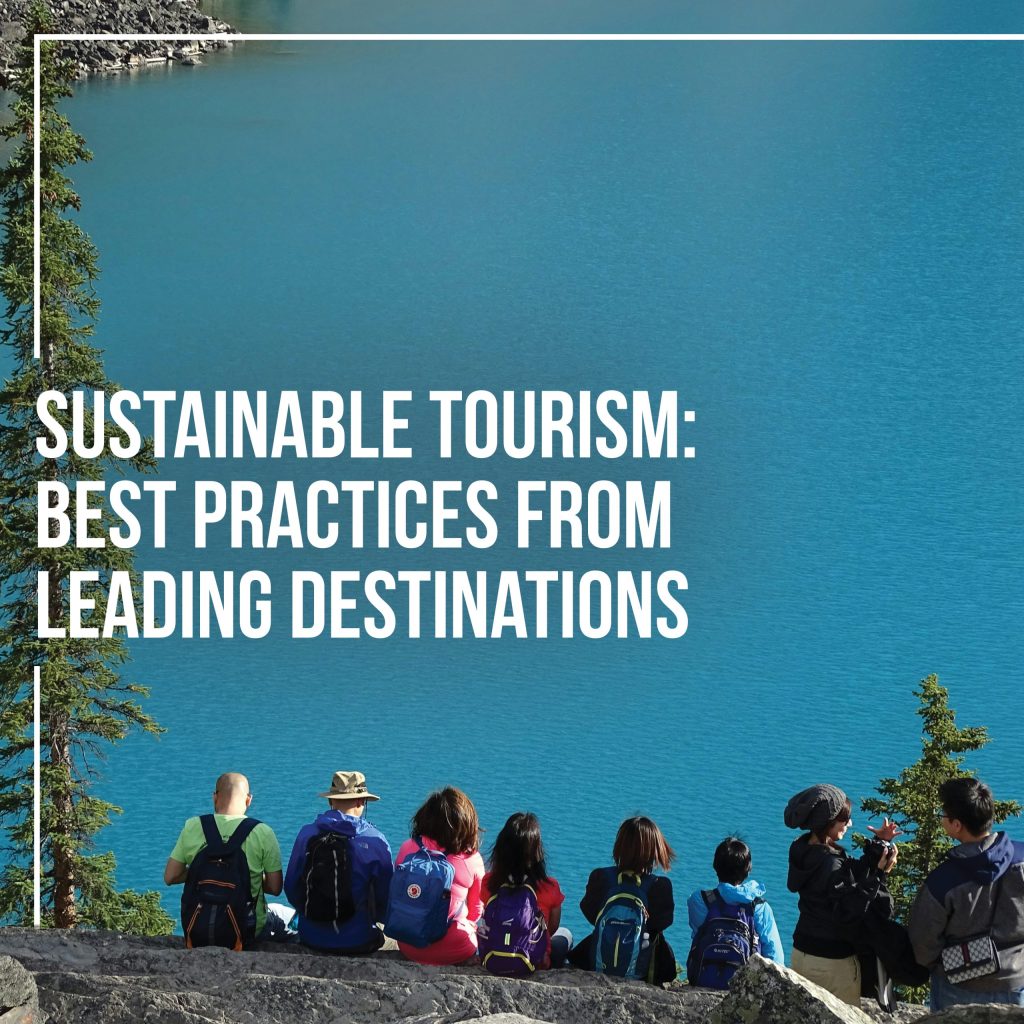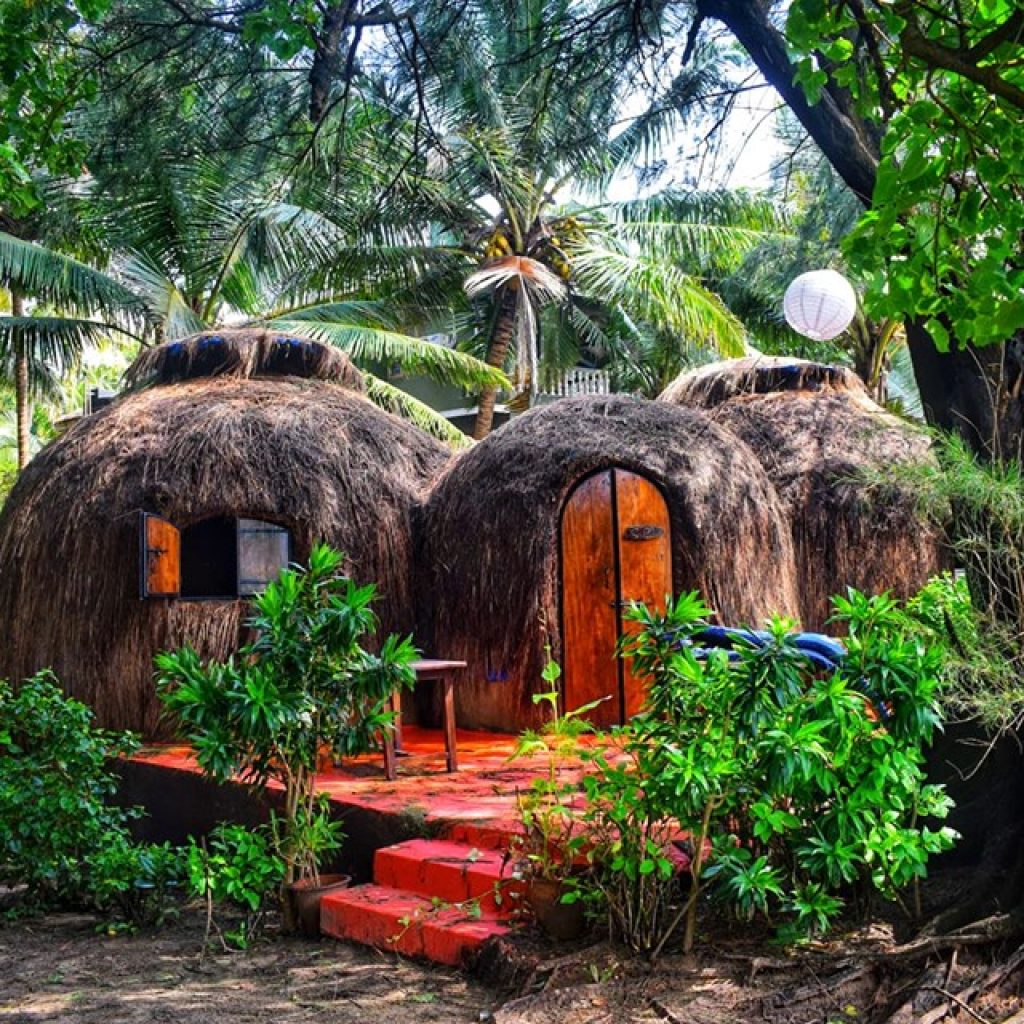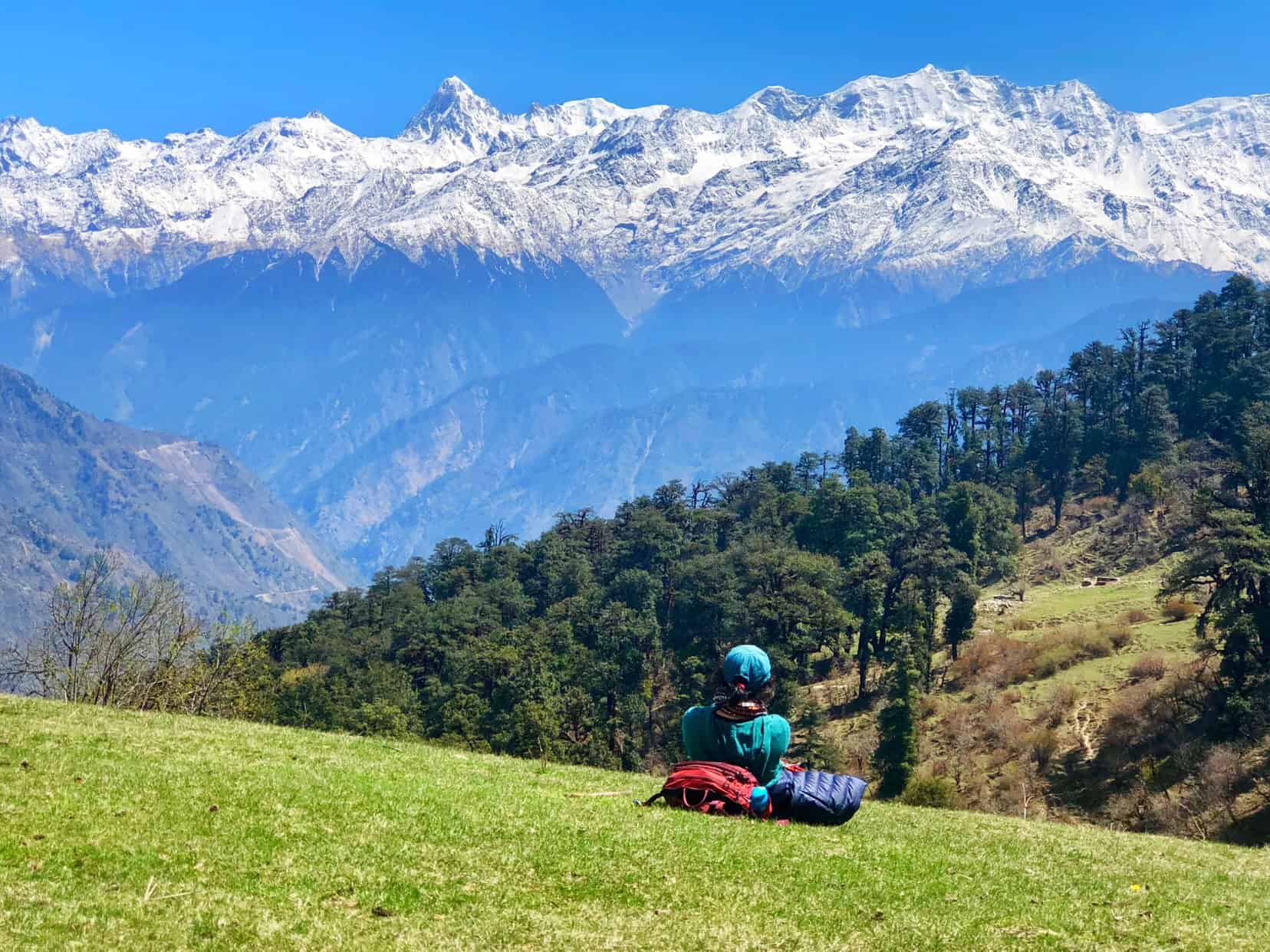In recent years, travellers have begun to realise that the magic of India isn’t just in its monuments, hills, rivers or food—but also in how travelling sensitively can enrich both your experience and the places you visit. Eco‑Friendly Travel in India: Sustainable Stays and Responsible Tourism isn’t merely a slogan—it’s a way to explore that safeguards nature, supports local communities, and leaves lighter footprints.
If you are considering your next holiday, here’s how to travel responsibly in India, some inspiring eco stays, what to watch out for, and how Planet Earth Holidays is making sustainability more than marketing.
Why Sustainability Matters in Travel

India’s ecological diversity—its mountains, coasts, forests, deserts—also makes it especially vulnerable to environmental stress: climate change, waste, over‑tourism, water scarcity. Responsible tourism ensures:
- Lower carbon and resource footprints (energy, water, waste)
- Preservation of wildlife, natural landscapes, local culture
- Economic benefit to local people rather than just large corporations
- Travel experiences that are richer, more authentic, more mindful
What to Look for in a Sustainable Stay

When selecting accommodation in India, check for:
- Eco‑certifications: properties certified by bodies like EarthCheck, Green Key, LEED, or local equivalents.
- Local building materials and architecture: use of vernacular design, mud, bamboo, wood, thatch etc., which blend with environment.
- Energy, water & waste management: solar power, rainwater harvesting, water recycling, composting, minimal plastic use.
- Community engagement: employing locals, sourcing food locally, preserving local crafts, culture, ensuring that profits flow back to the area.
- Low‑impact access: stays that are off‑grid or partly off‑grid, minimal road building, footprints that don’t expand forest/fragile ecosystems.
Examples of Sustainable Stays & Regions in India

India has many lodges, resorts, and eco‑retreats demonstrating responsible tourism. Here are some inspiring examples:
- Banasura Hill Resort, Wayanad, Kerala: Built using indigenous sustainable architecture in the Western Ghats, this resort blends into its forest surroundings. Wikipedia
- Eco‑tourism stays in India that are perfect for nature lovers: including places like SwaSwara in Karnataka (organic farming, local materials), Nimmu House in Ladakh, Wildernest Nature Resort near the Goa/Karnataka border using eco‑sensitive design. The Indian Express
- Evolve Back Kabini, Karnataka: Luxury resort near Kabini River & Nagarhole, with initiatives like water recycling, solar lighting, cultural programmes with indigenous Kuruba communities. Travel Viewpoint
- Vanghat, Uttarakhand: An eco stay inside or near forest, with solar power, minimal intrusion, employing local staff and supporting biodiversity. onthemap.in
How Planet Earth Holidays Champions Sustainability

Planet Earth Holidays (PEH) is not just promoting nice destinations, but also integrating sustainability into its offerings in meaningful ways:
- On its Sustainable Tourism page, PEH defines clear criteria: recommending eco‑certified hotels & resorts; promoting locally owned lodgings; pushing innovative eco‑stays like treehouses, solar‑powered resorts, etc. Planet Earth Holidays
- They also run a Sustainable Stays category, curating properties that meet eco‑friendly standards in comfort, waste management, community involvement etc. Planet Earth Holidays
- An example: Vibe Munnar is one of the stays promoted by PEH. It implements water conservation, waste management, sources supplies locally (farmers, artisans) thereby helping the local economy. Planet Earth Holidays
PEH’s commitment is more than lip service—they aim to make travellers conscious of their impact, curate stays that benefit nature & people, and support tourism that preserves the heritage & environment.
Practical Tips for Responsible Travellers

To maximise your positive impact, here are concrete actions you can do:
- Pack reusable items: water bottles, shopping bags, toiletry containers
- Reduce plastic use: refuse single‑use plastics, support accommodations that do composting and plastic alternatives
- Support local economies: buy food, crafts, guides locally; stay in homestays or lodges that hire local people
- Respect wildlife and ecosystems: stay on trails, avoid disturbing wildlife, follow park regulations
- Travel slower: spend more time in fewer places; this reduces carbon emissions and allows deeper connection
Standout Destinations & Practices
- Adavi, Kerala: Located in the Konni area, Adavi is an ecotourism project featuring riverbank activities, bamboo tree‑top huts, coracle rides, managed jointly by forest department and local tourism authority. Wikipedia
- Padubidri Beach, Karnataka: Awarded Blue Flag certification for its cleanliness, environmental sustainability, well‑maintained facilities. Beaches like this show that even coastal tourism can be done right. Wikipedia
Challenges & Why It’s Important
While many places are making efforts, challenges remain:
- Ensuring standards are consistent and genuine (greenwashing is a risk)
- Balancing tourist demand (which often prefers comfort) and environmental limits
- Infrastructure gaps in remote areas (lack of renewable power, difficulties in waste disposal, water supply)
- Educating both travellers and hosts about long‑term sustainable practices
Yet, overcoming these is essential. Responsible tourism doesn’t lower the joy of travel—it enriches it. You experience places not just as a visitor, but with awareness, a sense of care, connection.
Conclusion
“Eco‑Friendly Travel in India: Sustainable Stays and Responsible Tourism” is not a niche; it’s a future. The more travellers seek sustainability, the more destinations and stays adapt. India already provides so many opportunities for journeys that heal, enrich, preserve.
If you choose brands like Planet Earth Holidays, you are choosing trips that are thoughtfully curated, that leave places better than when you arrived. Whether it’s staying in a mist‑covered hill resort that conserves water, choosing a beach with strict environmental standards, or engaging with a local community that depends on your visit—responsible tourism means every trip can have a legacy.
Useful Links
- Internal link: For more tips, hidden gems, and sustainable travel ideas, check out the Planet Earth Holidays blog



0 Comment